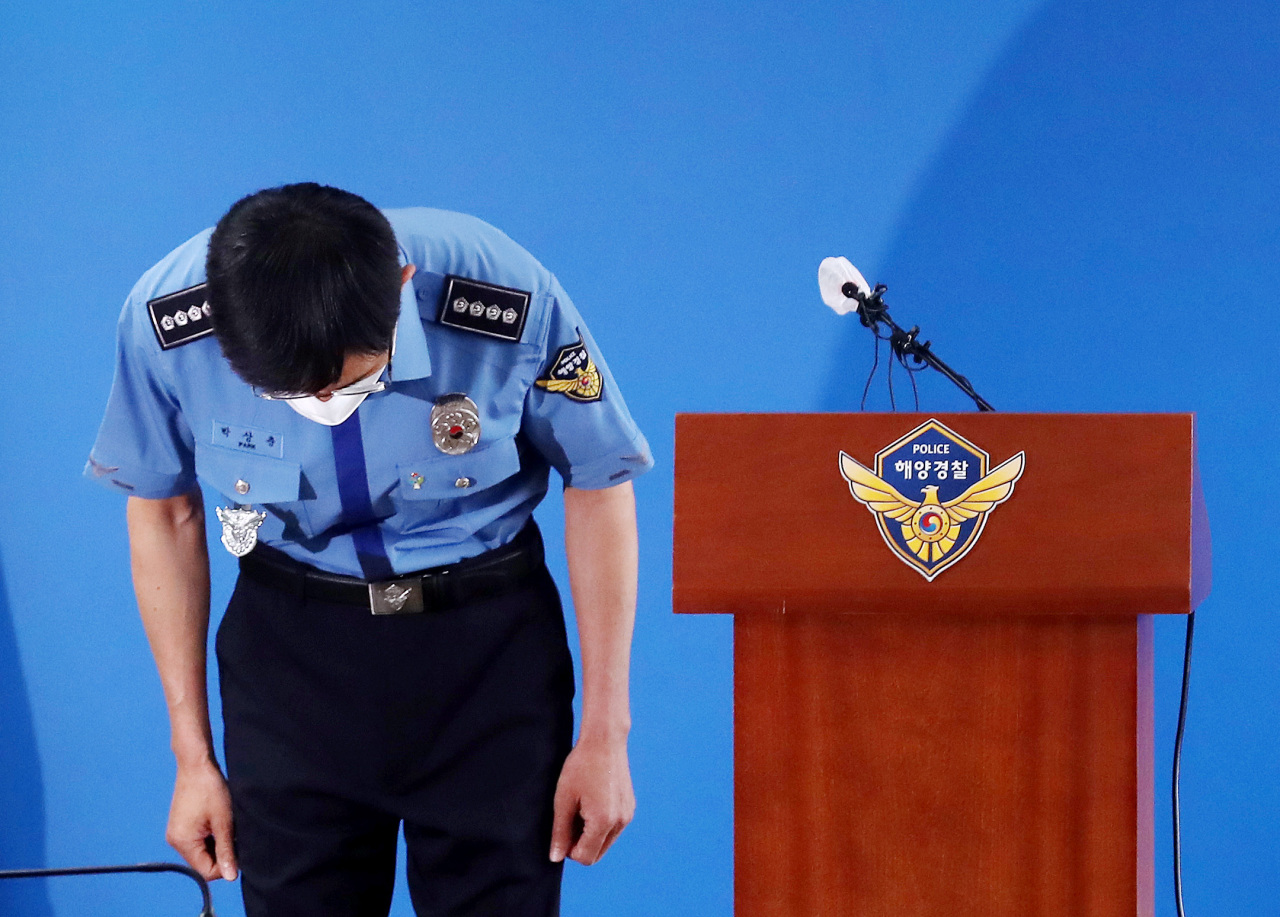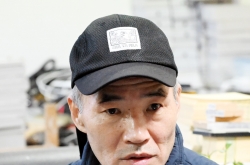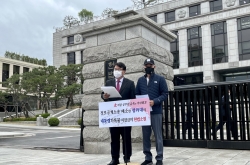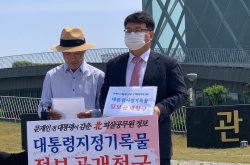INCHEON -- South Korea’s Coast Guard on Thursday reversed its earlier assertion that South Korean government worker Lee Dae-jun, who was killed by North Korean soldiers at sea nearly two years ago, was attempting to defect to the North.
“After a comprehensive investigation, we have failed to find any evidence to believe that the official had intended to defect to North Korea,” said Park Sang-chun, chief of the Incheon Coast Guard, in a news conference.
He offered his condolences to Lee’s family for their loss and the distress caused by delays in the investigation, which he said were due to difficulties in investigating crimes committed by North Korean troops in North Korean waters.
“We regret determining early on that the official had tried to defect to North Korea, and causing confusion to the public,” he said.
“I would like to state clearly that through joint efforts with the national security and the military, there is no evidence to prove that the missing official wished to defect to North Korea voluntarily.”
With Thursday’s announcement the Coast Guard closes its investigation into Lee’s killing, which began with the receipt of a missing person report at around noon on Sept. 21, 2020. Lee, a Ministry of Oceans and Fisheries official, was shot dead by the North and had his body set ablaze around 32 hours after he was reported missing. He had gone missing while on duty on a patrol vessel.
At the initial briefing held less than a week after Lee was confirmed dead, as well as over several announcements that followed, the Coast Guard had consistently said that Lee was trying to defect from South Korea via sea.
As grounds for that claim, the Coast Guard referred to a wiretapped conversation obtained by the Ministry of National Defense, which allegedly revealed North Korean soldiers had “detailed knowledge of Lee’s personal information that only he himself could have told them.”
In a closed-door briefing that followed, a Defense Ministry official said that announcements made at the time were “based on preliminary findings only.” “They were never supposed to be definite,” he said.
But other evidence that emerged since then, and intelligence “collected from various sources,” led to the “change in stance,” he explained.
The director of the Coast Guard’s criminal investigations division said, “Again, it’s regretful that in the beginning confusion has been generated around whether it’s a defection or not.”
The Defense Ministry official and two Coast Guard officials who were present at the briefing all denied that political influence played a role in the reversal in the verdict. The recent shift in the administration in power “was not considered at all,” they said.
Lee’s family has openly rejected any claims of defection, and is seeking the release of the wiretapped audio and other documents surrounding his death that have been archived and were made confidential under the Moon Jae-in administration.
President Yoon Suk-yeol’s Office of National Security also on Thursday, withdrew the appeal filed by Moon’s Cheong Wa Dae against the family in an ongoing court battle over the release of the information.
In a first trial held in November last year, the court sided with the family and ordered Cheong Wa Dae to allow access to the requested information. The presidential office soon appealed the court’s order.
While he was still a candidate, Yoon had promised that he would help undo measures taken by the preceding administration to block the information’s disclosure.
“Without evidence, a man was framed as having tried to defect and the situation was made out to be as if it were somehow his fault,” Yoon’s official told reporters in a closed-door briefing held later the same day. “We believe that we have to get to the bottom of what was behind this mischaracterization.”
The official added that information archived as Moon’s presidential records remained inaccessible.
Kim Ki-yun, a lawyer representing Lee’s family, said in a phone call with The Korea Herald that the appeal’s withdrawal “certainly aids” efforts to declassify the information.
“This gives us some basis to argue that archiving the information as presidential records, despite the court decision, is wrongful,” he said.
“I feel like this is how it should have been all along,” Lee Rae-jin, the deceased official’s brother, told The Korea Herald. “I hope that this will be the beginning of the unveiling of the truth about what really happened to my younger brother.”
By Kim Arin (
arin@heraldcorp.com)











